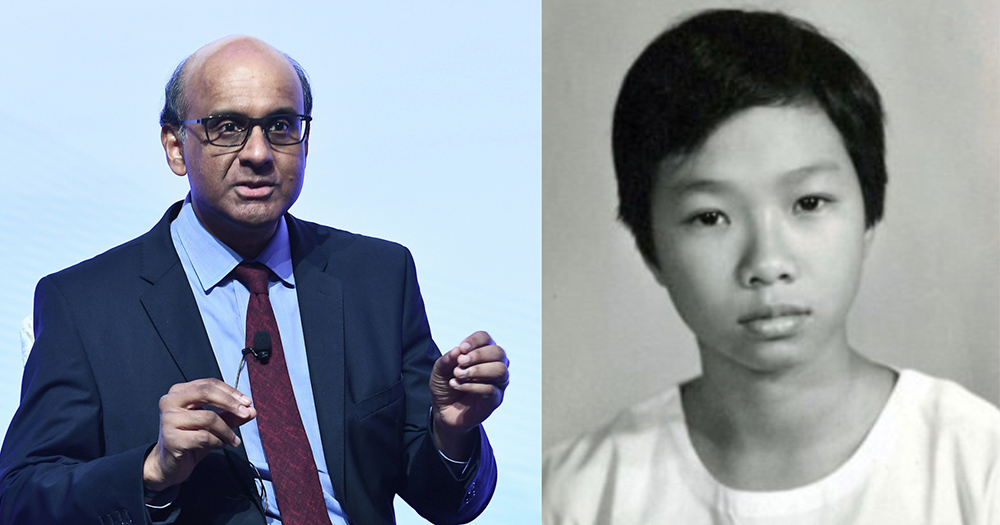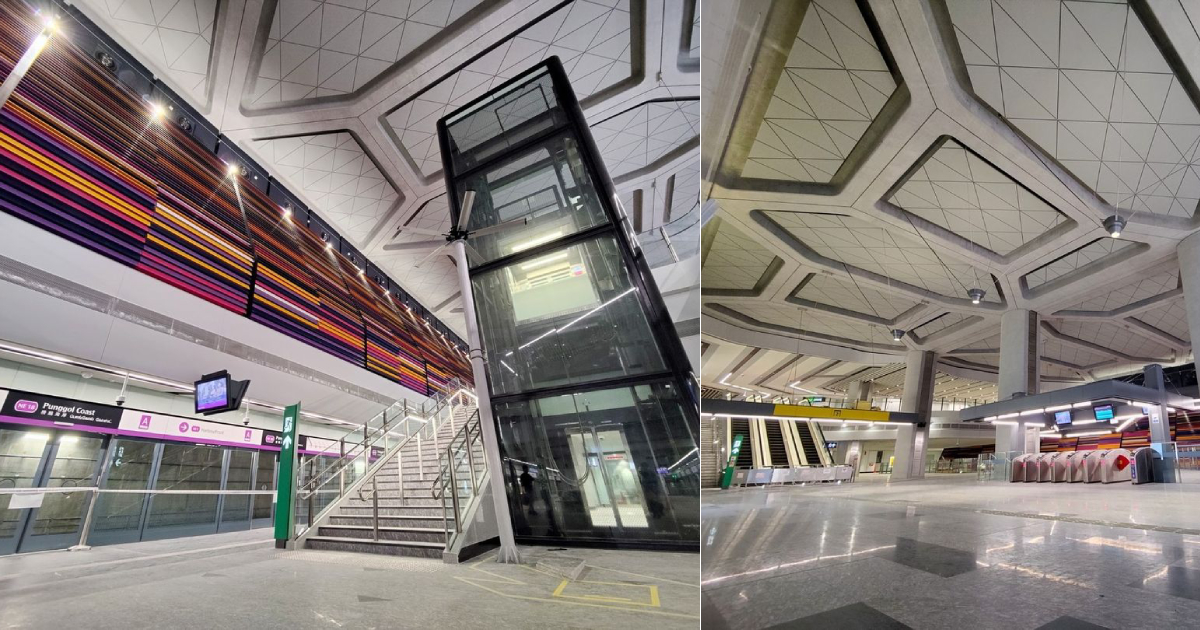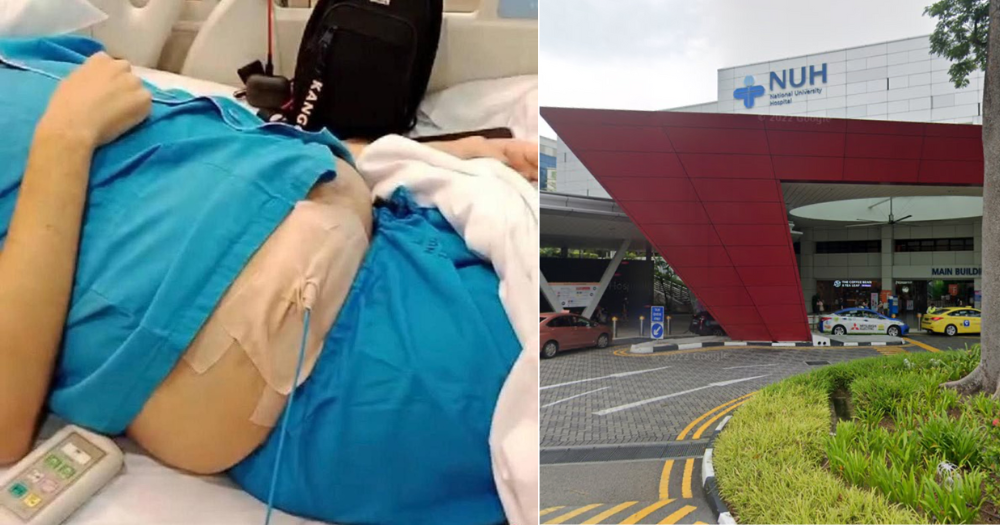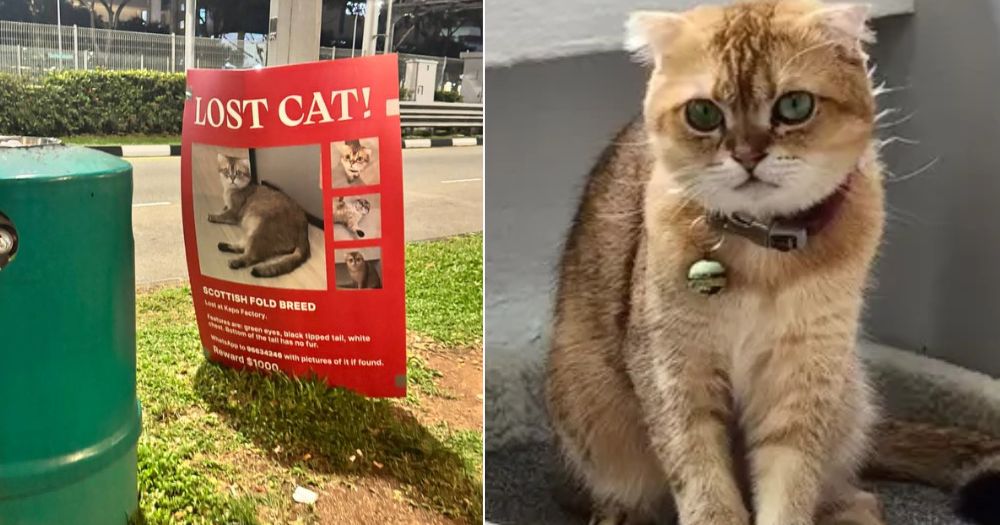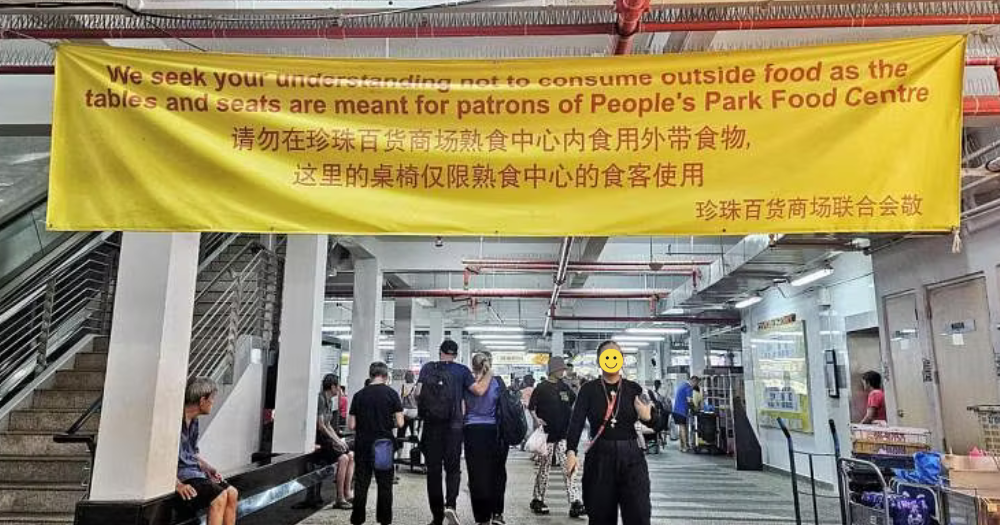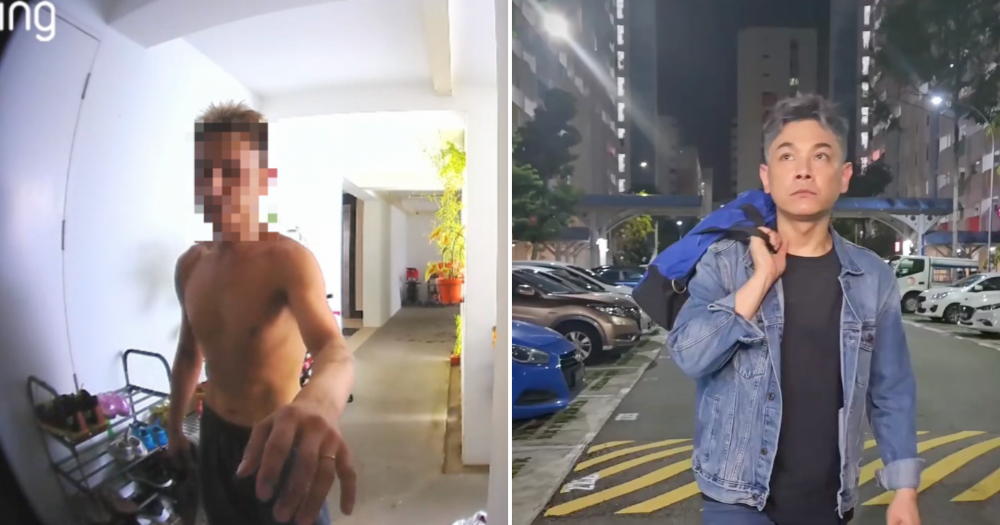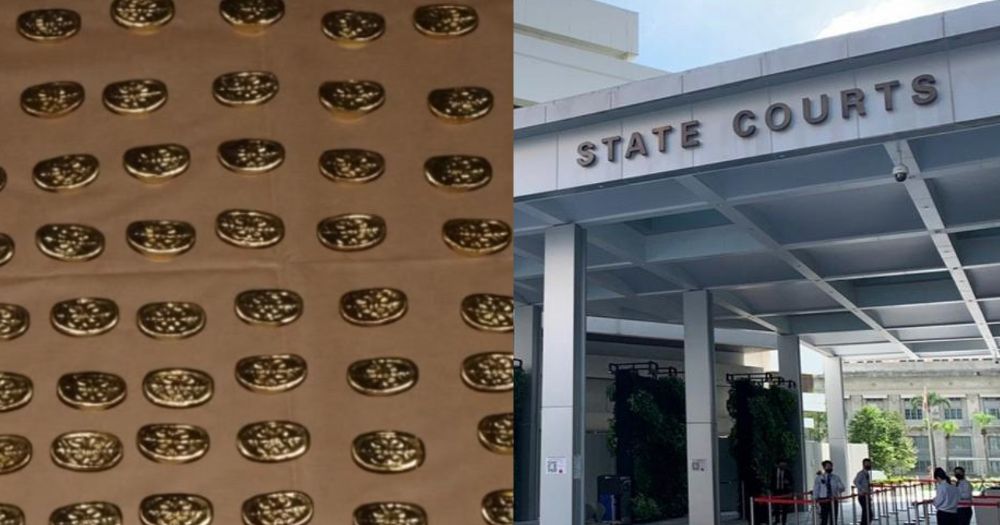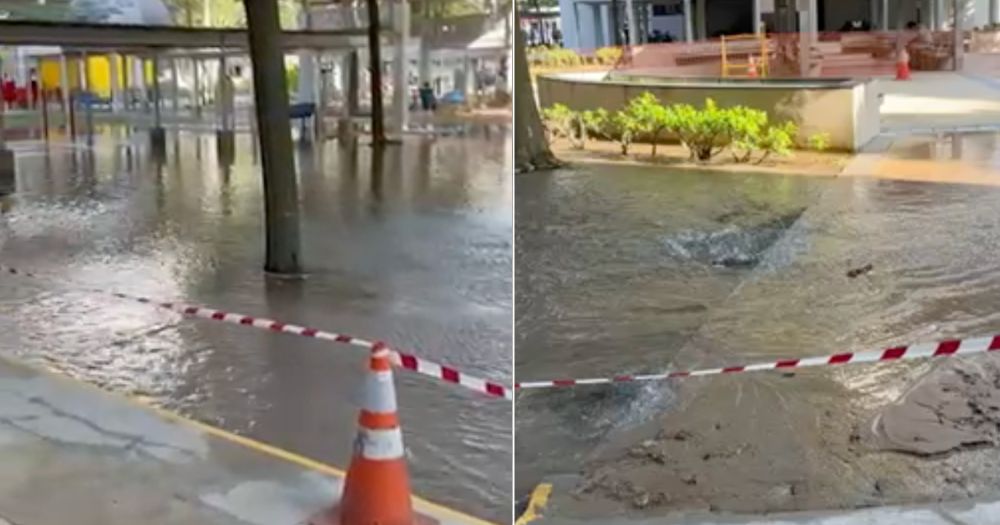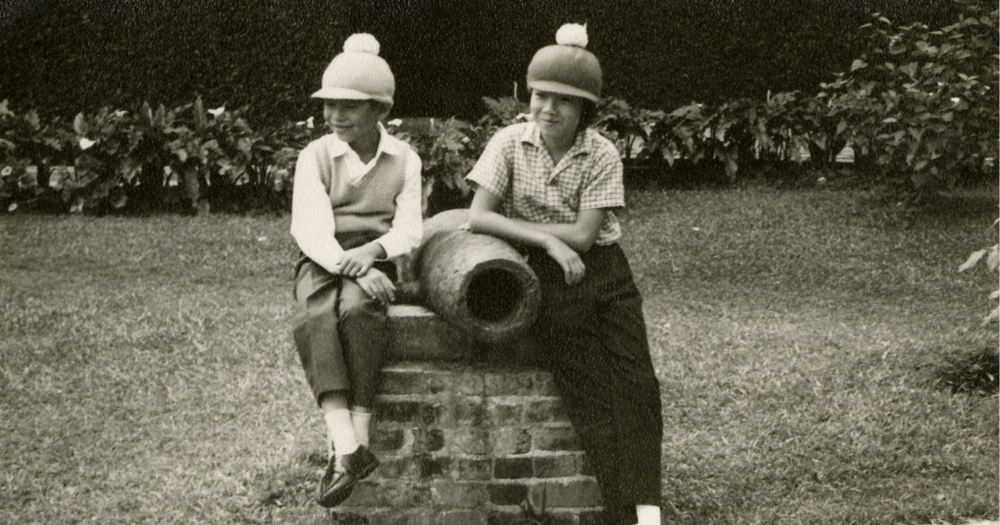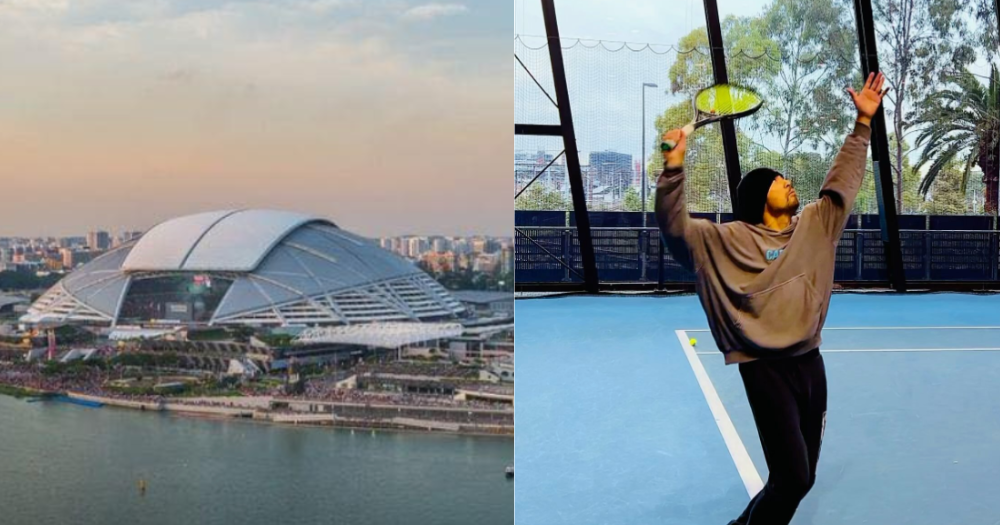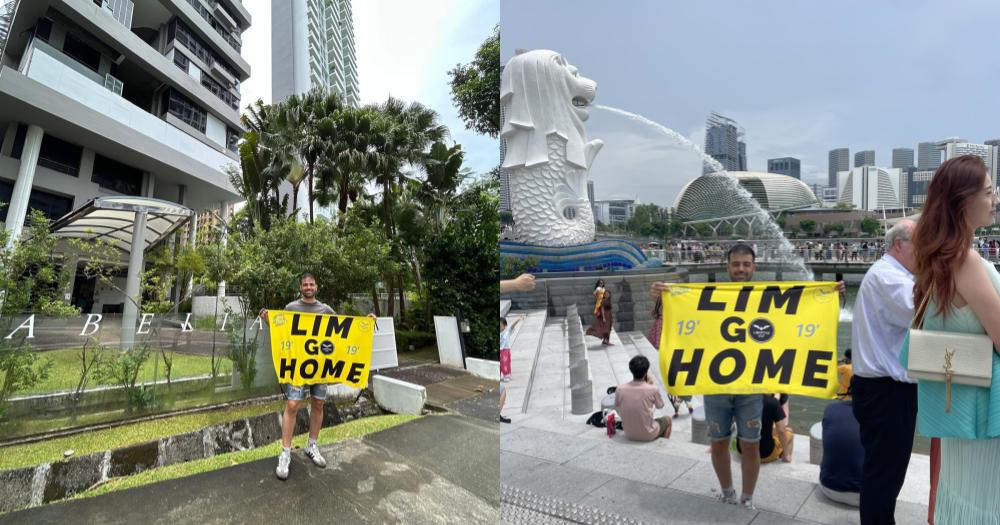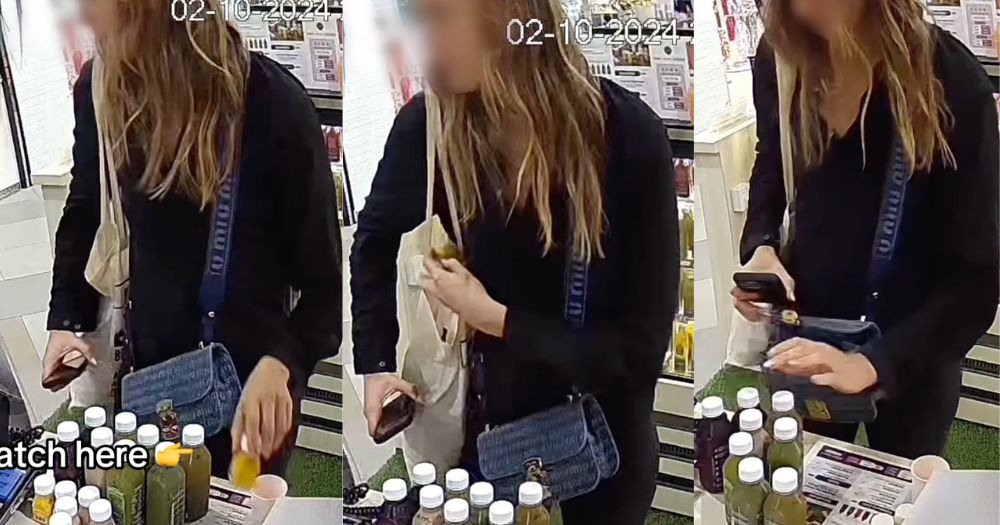S’pore government moving to ban deepfakes of candidates made to affect electoral outcomes
The prohibition does not apply to content depicting non-candidates, nor does it take effect outside of the election period.
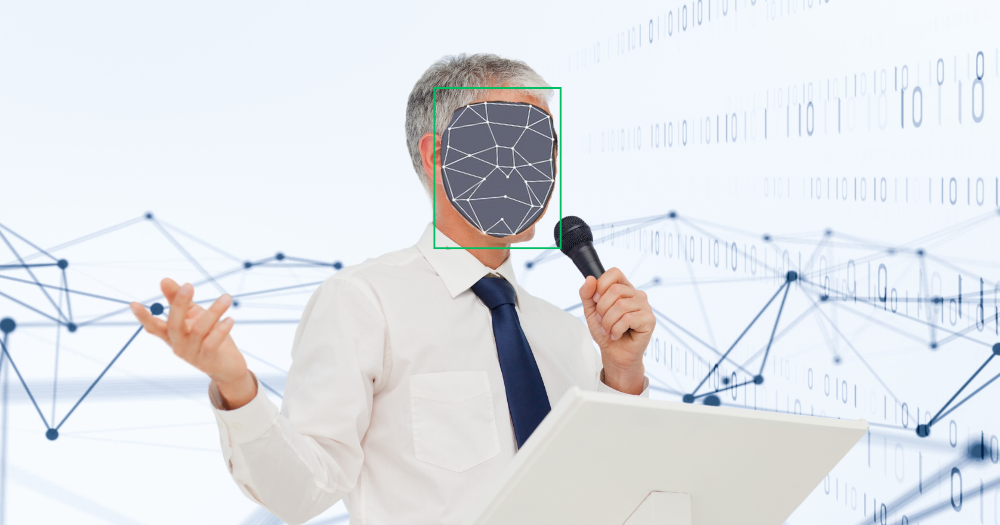
The Elections (Integrity of Online Advertising) (Amendment) Bill was introduced in parliament on Sep. 9, 2024.
The bill, which will amend the Parliamentary Elections Act 1954 (PEA) and the Presidential Elections Act 1991 (PrEA), introduces measures to restrict certain kinds of digitally manipulated content during elections.
This includes Artificial Intelligence (AI)-generated misinformation, commonly known as deepfakes.
Under the proposed changes, from the issuance of the writ to the close of polling on polling day, there will be a prohibition on digitally generated or manipulated Online Election Advertising (OEA) that realistically depicts a candidate saying or doing something they did not say or do.
The proposed prohibition does not apply to content featuring non-candidates, nor does it take effect outside the period between the issuance and the writ and polling day.
Ahead of the bill's introduction, an MDDI spokesperson explained:
"This is because we are looking at election-specific concerns. Therefore, we have proposed election-related legislation.
After the election, there is a code of practice, through which we intend to set certain ground rules and expectations of what social media platforms should institute against such content."
The Infocomm Media Development Authority (IMDA) is engaging social media platforms in the coming months to develop a code of practice for dealing with digitally manipulated content both during and after the election.
Elections Department Singapore to publish list of candidates
MDDI said that for the first time, the Elections Department Singapore (ELD) will also be publishing the names of prospective candidates who have paid their deposit before nomination day, and have consented to have their names be known by ELD.
Only candidates who have had their names published by ELD will be covered by the ban.
The list will be published by ELD on their website, with the exact URL to be shared closer to the elections, an MDDI spokesperson said.
General elections are due to be held in Singapore by November 2025.
What is covered by the bill?
The bill prohibits OEA that realistically depicts candidates saying or doing things they did not say or do.
OEA, as stated in the PEA and PrEA, refers to online material that can be reasonably regarded as influencing the electoral success or prospects of political parties or candidates, or otherwise enhancing or prejudicing their standing in connection with any election.
The proposed ban will also apply to acts that amplify access to existing offending content. For instance, paying to boost, sharing, linking, or even reposting such content will be covered by the ban.
MDDI highlighted examples of OEA that fall within the scope of the bill. These include:
- Realistic audiofakes or robocalls that may sway electoral outcomes such as voter participation;
- Manipulated images and videos that misrepresent a candidate;
- Realistic AI-generated campaign material that may portray candidates in a positive or negative light.
MDDI also provided examples of OEA that are not covered by the bill. These include:
- Animated characters or cartoons of candidates;
- Content with minor modifications such as benign beauty filters applied, or colour and lighting adjustments;
- Entertainment content that does not realistically depict a candidate;
- Campaign posters that are not realistic, and do not misrepresent something that the candidate said or did.
Exemptions for private communication & news
The ban on digitally manipulated OEA does not apply to content communicated between individuals that is of a private nature by electronic means.
An MDDI spokesperson explained:
"Essentially, what we are trying to do here is to balance the freedom of expression, especially in the private context, versus the issue of misrepresentation of what a candidate did or said. There will have to be the consideration of whether the conversation is private or public in nature.
The spokesperson said a group chat for family members would be "considered private because of the domestic composition".
However, a 500-person WhatsApp group created to discuss issues and current affairs would not be considered private.
This is because "random people" can join such a group, the spokesperson said.
The proposed ban also does not apply to content published by authorised news agencies, to allow for factual reporting on prohibited content.
How will offending content be dealt with?
Under the bill, candidates can request the Returning Officer (RO) to review content that may breach the prohibition.
Candidates who have been misrepresented by such content can make a declaration to attest to the veracity of their claim.
The RO can then issue corrective directions to individuals who publish such content, social media services, and Internet Access Service Providers.
The offending parties can be directed to take down offending content, or to disable access by Singapore users to such content during the election period.
Failure to comply with a corrective direction is an offence under the bill.
For social media services, failure to comply may result in a fine of up to S$1 million, upon conviction.
For all others, non-compliance may result in a fine not exceeding S$1,000, imprisonment for up to 12 months, or both, upon conviction.
It will also be illegal for candidates to knowingly make a false or misleading declaration about the impugned content to the RO.
How is this different from POFMA?
The new bill will be able to tackle content that may not be covered by the Protection from Online Falsehoods and Manipulation Act (POFMA), MDDI explained, saying:
"For POFMA, we respond when the Government knows what the fact is. For example, when someone makes a falsehood about the reserves or housing prices, we know what the facts are.
However, in the case of deepfakes featuring political candidates, it is much more difficult for the Government to establish what an individual said or did not say, did or did not do. Therefore, we do need the individual to come forward and say that this is a misrepresentation."
The bill will be tabled for a second reading at the next available Parliament sitting.
Top photo from Canva.
MORE STORIES








